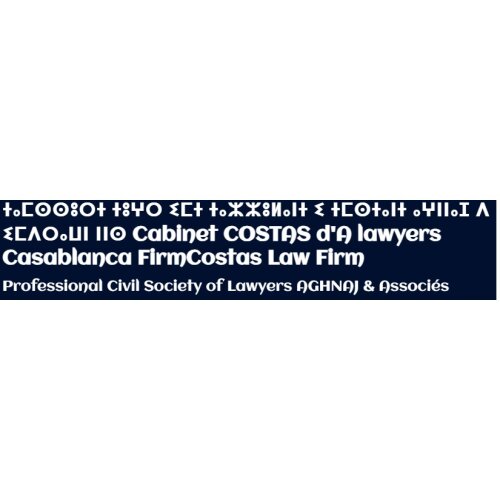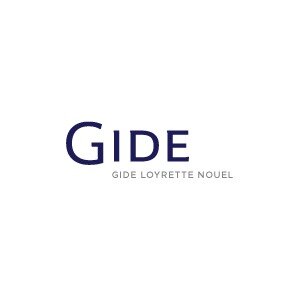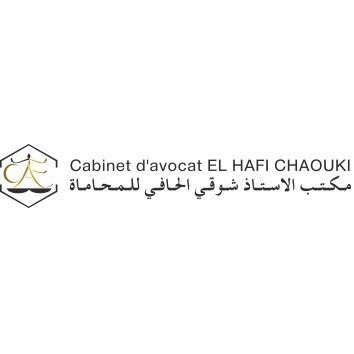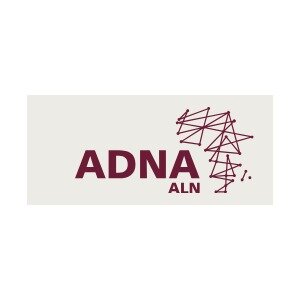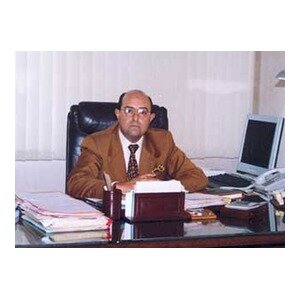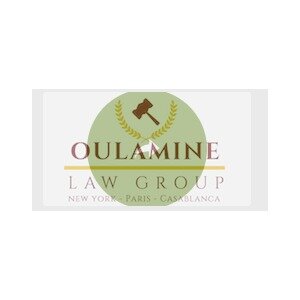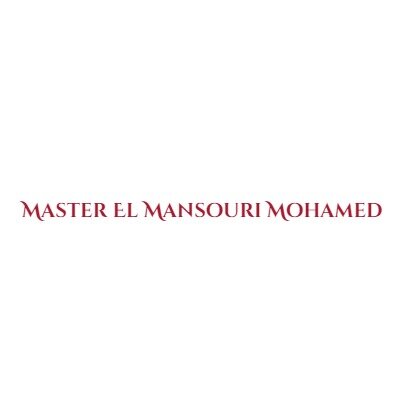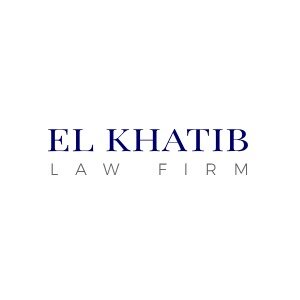Best General Litigation Lawyers in Morocco
Share your needs with us, get contacted by law firms.
Free. Takes 2 min.
Or refine your search by selecting a city:
List of the best lawyers in Morocco
About Litigation Law in Morocco
Litigation law in Morocco is governed by a combination of civil, commercial, and criminal legal frameworks. The Moroccan legal system is a blend of French and Islamic law influences, creating a unique landscape for litigation. Courts in Morocco handle disputes relating to contracts, commercial activities, family issues, and criminal offenses. The process involves filing a lawsuit, presenting evidence, and receiving a judgment from specialized tribunals. Morocco's legal system ensures that rights are respected and facilitates settlement of disputes through both court proceedings and alternative dispute resolution methods.
Why You May Need a Lawyer
There are several scenarios where you might need legal assistance in Morocco's litigation landscape. Common situations include:
- Disputes over business contracts and commercial transactions.
- Property disputes, including issues related to ownership and leasing.
- Family law matters such as divorce, child custody, and inheritance.
- Criminal charges or investigations that require defense.
- Civil claims, such as personal injury cases.
- Enforcement of foreign judgments and arbitral awards.
Local Laws Overview
Morocco's legal framework relevant to litigation includes several key aspects:
- The Moroccan Civil Code governs civil litigation, including contract disputes and property rights.
- The Commercial Code deals with issues like partnerships, business transactions, and competition law.
- The Family Code (Moudawana) regulates personal status issues, marriage, and inheritance for Muslims.
- Criminal matters fall under the jurisdiction of the Penal Code and the Code of Criminal Procedure.
- There are various specialized courts, including commercial courts and family courts, to handle specific types of disputes.
- Alternative dispute resolution, including arbitration and mediation, is encouraged for certain cases to avoid lengthy court procedures.
Frequently Asked Questions
What should I do if I am served with a lawsuit in Morocco?
Upon receiving a lawsuit, it's crucial to consult with a lawyer promptly to discuss your legal options. They will help you understand the claims against you and prepare an appropriate response within the required legal timeframe.
Can foreigners litigate in Moroccan courts?
Yes, foreigners can litigate in Moroccan courts. However, it’s advisable to consult a local lawyer who understands both the legal nuances and the language used in the judicial system, as proceedings are conducted in Arabic or French.
How long does litigation take in Morocco?
The duration varies depending on the case complexity, court backlog, and whether the case is appealed. It can range from several months for straightforward cases to several years for more complex litigation.
What is the role of a judge in Moroccan litigation?
Judges in Morocco play an active role in managing the procedure, conducting hearings, evaluating evidence, and ultimately delivering a verdict. They ensure the legal rights of all parties are respected and the process is conducted fairly.
Is it possible to appeal a court decision?
Yes, parties can usually appeal a decision within a specific timeframe if they believe there was a legal error or procedural issue with the initial ruling. Appeals are typically heard in higher courts.
Are alternative dispute resolutions like arbitration commonly used?
Arbitration and mediation are encouraged in commercial disputes to reduce the time and expense of litigation. These alternatives are especially common in international commercial contracts.
Do Moroccan lawyers work on a contingency fee basis?
Moroccan lawyers may work on a contingency fee basis, particularly for personal injury and certain civil cases. It's important to agree on such arrangements at the outset of legal representation.
What languages are used in Moroccan courts?
Arabic is the primary language used, though French is often also used, especially in business-related cases. Having a bilingual lawyer can be beneficial.
How can I enforce a foreign judgment in Morocco?
To enforce a foreign judgment, you must seek recognition through an exequatur process in the Moroccan courts, ensuring it complies with local legal standards and treaties.
What are the costs associated with litigation?
Costs can include legal fees, court fees, and possible expenses for expert witnesses or translation services. Discuss expected costs with your lawyer beforehand to understand the financial implications.
Additional Resources
Several resources and organizations can provide further assistance:
- The Ministry of Justice of Morocco offers valuable information and resources regarding the judicial process.
- The Moroccan Bar Association can help you find qualified legal professionals.
- Local chambers of commerce may offer guidance for commercial disputes.
- International legal aid organizations can provide support for foreigners navigating the Moroccan legal system.
Next Steps
If you require legal assistance in litigation, consider the following steps:
- Conduct thorough research to identify a reputable lawyer with relevant experience in your area of dispute.
- Arrange consultations with potential lawyers to discuss your case and assess their suitability.
- Prepare all necessary documentation related to the dispute before meeting with a lawyer.
- Work closely with your lawyer to develop a robust legal strategy and understand your rights and obligations.
- Remain informed about the legal process and be proactive in asking questions to clarify any uncertainties.
Lawzana helps you find the best lawyers and law firms in Morocco through a curated and pre-screened list of qualified legal professionals. Our platform offers rankings and detailed profiles of attorneys and law firms, allowing you to compare based on practice areas, including General Litigation, experience, and client feedback.
Each profile includes a description of the firm's areas of practice, client reviews, team members and partners, year of establishment, spoken languages, office locations, contact information, social media presence, and any published articles or resources. Most firms on our platform speak English and are experienced in both local and international legal matters.
Get a quote from top-rated law firms in Morocco — quickly, securely, and without unnecessary hassle.
Disclaimer:
The information provided on this page is for general informational purposes only and does not constitute legal advice. While we strive to ensure the accuracy and relevance of the content, legal information may change over time, and interpretations of the law can vary. You should always consult with a qualified legal professional for advice specific to your situation.
We disclaim all liability for actions taken or not taken based on the content of this page. If you believe any information is incorrect or outdated, please contact us, and we will review and update it where appropriate.
Browse general litigation law firms by city in Morocco
Refine your search by selecting a city.




